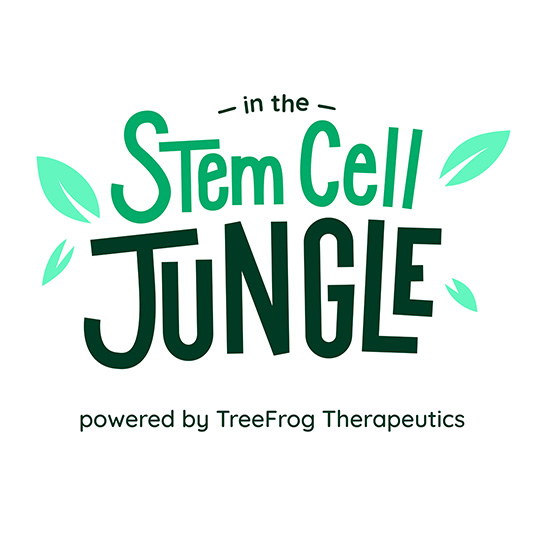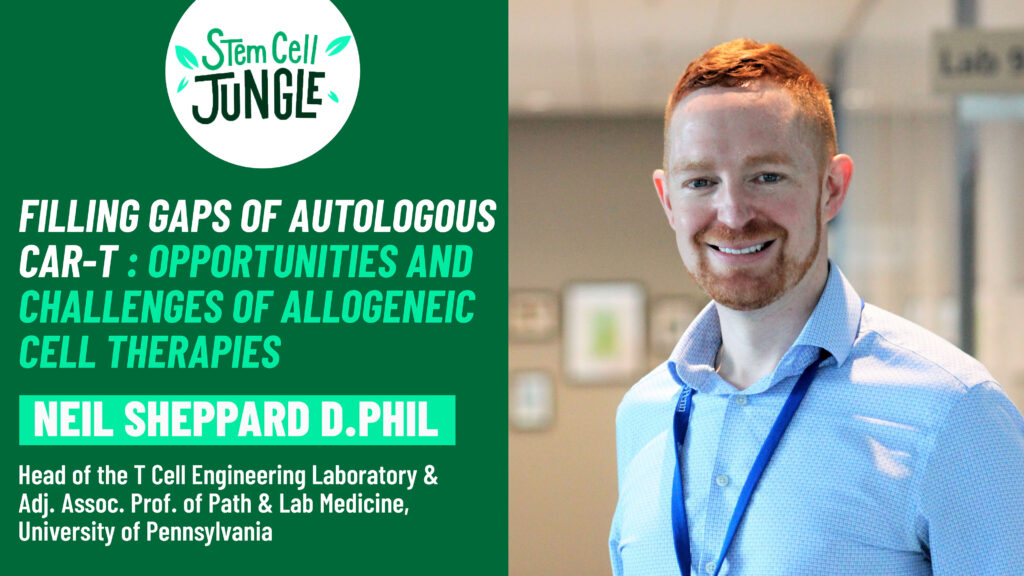In which cases could allogeneic strategies be used instead of autologous products? What are the most promising clinical trials? A quick overview with Neil Sheppard, D.Phil, Adjunct Associate Professor in the Department of Pathology & Laboratory Medicine, and Head of the T Cell Engineering Lab (TCEL), at the Center for Cellular Immunotherapies (CCI) at the University of Pennsylvania.
Transcript:
Yeah, I think we definitely need to develop allogeneic or donor strategies, with healthy donor or cord blood or stem cell derived strategies. Unfortunately there is a subset of patients who don’t meet the criteria to mobilize, collect their own T cells. They just don’t meet the counts. Their T cells aren’t healthy enough to manufacture a product out of them. There are some that we think may meet the criteria. But when they get to the manufacturing center they fail. And so for both of those categories, it would be much better to have an off-the-shelf product. Also, many patients have a rapidly declining health status. And they may not be able to wait six weeks, sometimes longer, for an autologous product to be manufactured. So allogeneic products can potentially solve all of those problems. But they also come with some issues of their own. So far, the kind of studies of CD19 allogeneic therapy, allogeneic CAR therapy, they haven’t had the same objective response rates and durability as the autologous products. There seems to be a bit of a gap, where the allogeneic products are less efficacious. But that could be because they’re being rejected by the recipient’s immune system. And so there are other strategies in play now to try and make those cells survive for longer. So I think that definitely is emerging the field. You know, from what I understand, where we are with the various players, there’s some now very interesting phase I data, I think Caribou Biosciences recently in the CD19 space. But I think Allogene have probably the greatest chance of doing a registrational study in the next couple of years. And perhaps having the first approved allogeneic product. And their product would be from a healthy donor. But there are of course companies in this space working on iPSC-derived products. And there are also other cell types like the NK cells coming along, which are perhaps better used in the allogeneic setting anyway for various reasons.


